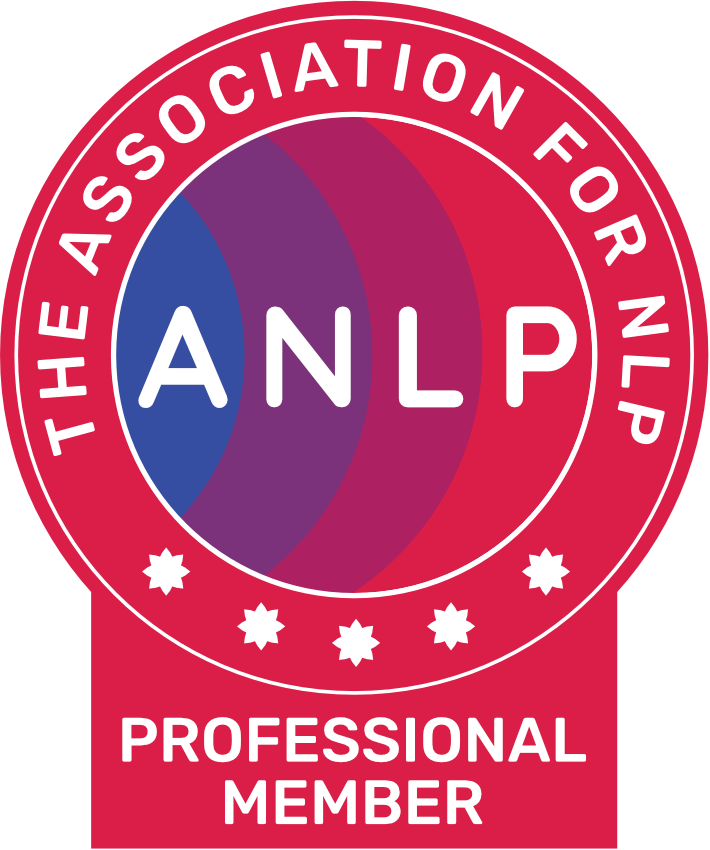Though people typically drink alcohol to alleviate anxiety or as a social tool to combat stress, the truth is that alcohol consumption can lead to anxiety. The term “anxiety,” as it’s often known, happens when the relaxing effects of alcohol start to diminish, and heightened anxiety takes its place.
Learn about how alcohol-induced anxiety is affecting your mental well-being, what science and experts have to say about anxiety, what can cause stress in the first place, and the perfect way to manage your anxiety if drinking.
Understanding Hangxiety
Hangxiety – a play on the words anxiety and hangover — is an important concept to be aware of when you suspect that alcohol hurts your mental well-being.
The term “anxiety” refers to the anxiety or stress you begin experiencing after drinking alcohol. For the majority of people, this feeling develops when the effects of alcohol diminish. If you’ve had a night out drinking, you may awake feeling anxious.
If you’re drinking alcohol regularly, it can temporarily lessen anxiety symptoms by depressing your central nervous system.
After that, as your body’s metabolization process begins to break down liquor and the effects from a heavy drink fade, you could feel rebound effects. This is the time when your stress hormones increase, which causes heightened anxiety.
Post-drinking anxiety may vary in severity. It can be mild at times, while at other times, it can lead to extreme panic attacks.
There are a variety of factors that can affect the severity of anxiety triggered by drinking inc, including the quantity of alcohol consumed, individual susceptibility, as well as overall mental health or comorbid health conditions.
Why Does Alcohol Cause Anxiety?
Understanding how alcohol use can be an anxiety trigger aids in limiting its effects. Research has shown that drinking alcohol for long periods affects your stress response.
It could substitute a normal and healthy stress response with symptoms of anxiety. Many experts believe that this could be due to alcohol’s effect on the brain area that is responsible for negative emotions.
There’s also the possibility of a link with anxiety, addiction to alcohol or dependence. Stressors that are triggered by trauma may cause dysregulation within the brain.
However, other theories suggest that this connection could have something to do with the following:
- Neurotransmitter imbalance
- The brain’s chemistry is affected.
- The central nervous system.
- The withdrawal symptoms
- Hormonal effects
- Sleep disturbances
- Psychological dependence
- Changes in life’s circumstances
- Intensification of existing mental health issues
Neurotransmitter Imbalance
When we drink alcohol, the levels of neurotransmitters in our brains alter in the brain.
Dopamine and serotonin play a role in mood, and studies have shown that alcohol can initially increase levels of these chemicals to give a euphoric feeling; once it’s processed, the levels of neurotransmitters decrease and could cause anxiety or mood fluctuations.
Brain Chemistry Is Disrupted
Drinking alcohol, mainly when it’s ongoing, can affect the brain’s chemicals. This imbalance could cause individuals’ brains to go into a hyper-stimulated state as they attempt to counteract the depressive effects of alcohol. The result could be more agitation, which is accompanied by anxiety.
Effects On The Central Nervous System
Alcohol is known to be a depressant. The effects on the nervous system may slow the brain’s activity and temporarily reduce anxiety. Once the alcohol is gone, however, the nervous system could be in a state of hyperactivity and cause anxiety to rise.
Sleep Disturbances
A lot of people experience sleep issues following an evening of drinking heavily. Alcohol can trigger anxiety by disrupting sleep patterns.
In the absence of restful sleep, it is possible to experience increased anxiety levels. This can quickly turn into a vicious cycle of anxiety, where sleep deprivation causes anxiety to rise, and the reverse is true.
Psychological Dependence
Alcohol consumption that is excessive or frequent can lead to the development of psychological dependence.
A few people believe that they require alcohol to relax or deal with anxiety in their lives. The adverse effects of alcohol abuse can trigger anxiety, particularly if alcohol becomes immediately unavailable or if the amount consumed is dramatically diminished.
The Impact of Life’s Circumstances
Alcohol consumption can negatively affect various aspects of your life. It can lead to difficulties in relationships, both in personal and skillful relationships, and could result in financial instability in the future. Any of these stressors can cause anxiety.
How To Handle Alcohol-Induced Anxiety
If you suffer from anxiety triggered by alcohol, it is possible to manage it. Limiting your consumption, seeking well-qualified help as well as making lifestyle changes, and learning how to utilize coping strategies are all effective strategies to reduce the impact on anxiety levels.
Be Aware Of And Moderate Your Alcohol Consumption
If you are finding you frequently experience anxiety following a drink, begin monitoring your alcohol intake to see if you can identify any signs of stress. Setting limits can help reduce anxiety after you consume alcohol.
It is also possible to gradually decrease your consumption to minimize withdrawal symptoms.
Join Support Groups
Support groups are a group of people who share similar issues. They can be beneficial by providing a safe environment to talk about your experiences with others who can relate to your struggles.
Regularly Engage In Physical Activity
Physical exercise releases endorphins, which are believed to boost mood and decrease anxiety. It doesn’t have to be intensive to have a positive effect on anxiety. Yoga, walking, running, or even swimming can be healthy ways to combat anxiety and relieve stress.
Make Sure You Are Getting Sufficient Sleep
Sleep is crucial to good mental well-being. Maintaining a regular sleep schedule and focusing on maintaining a healthy sleep routine can alleviate anxiety and improve overall health.
Establish A Supportive Social Network
Being a part of a social network that is supportive will provide emotional support and motivation as you make changes to your behavior associated with drinking. Social interaction with friends can help alleviate anxiety and eventually reduce the need to deal with alcohol to cope.
Get Professional Help
The ability to overcome anxiety-related symptoms is possible; however, sometimes you require well-qualified assistance to achieve it. A consultation with an accredited mental health professional is essential to lessening anxiety triggered by alcohol.
Life Coaches in Dubai will focus on providing you with access to professional benefits in a comfortable, secure, accessible, and safe location.
The first step to receiving benefits could be transformational -and it could create the journey to a more healthy and more relaxed life. Get your online treatment for anxiety today. Life Coach in Dubai today.



